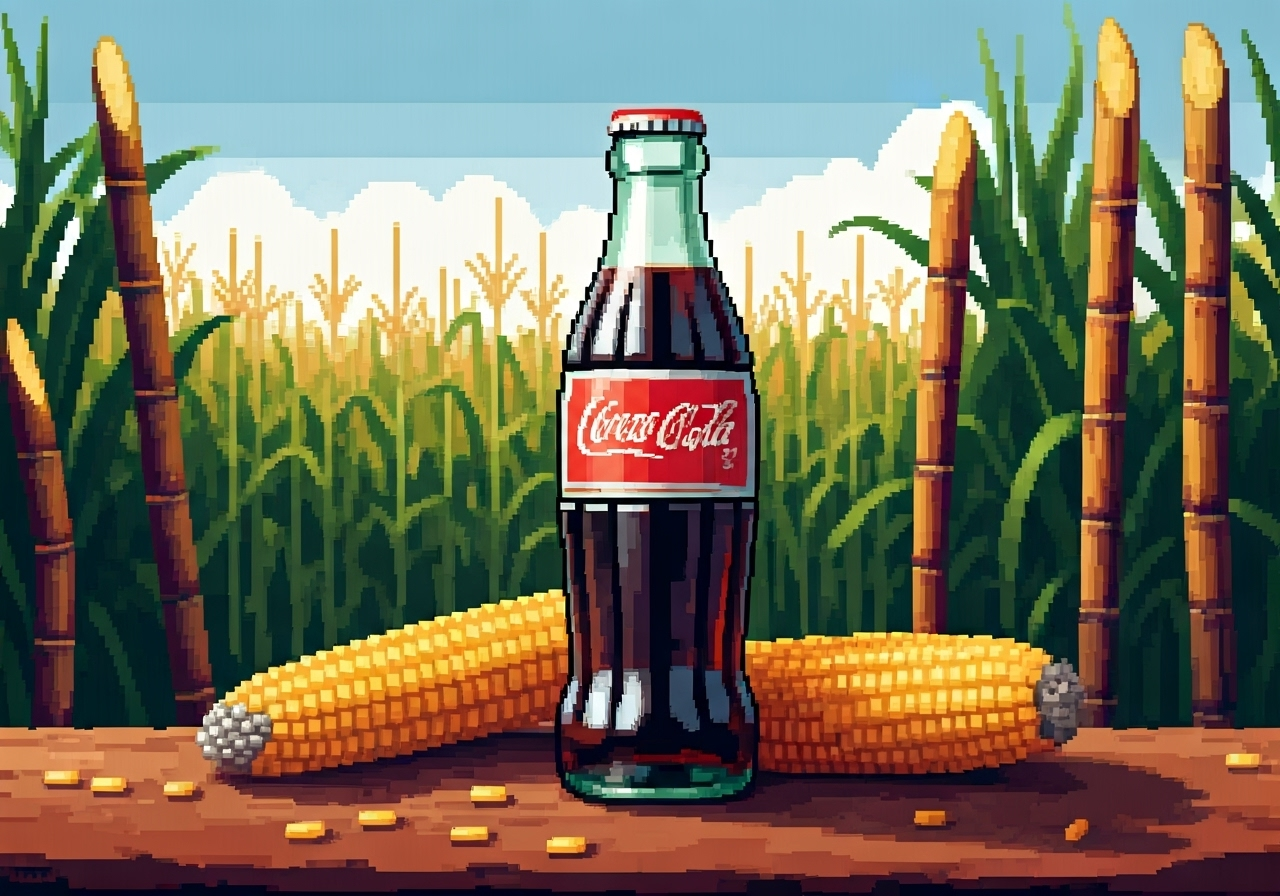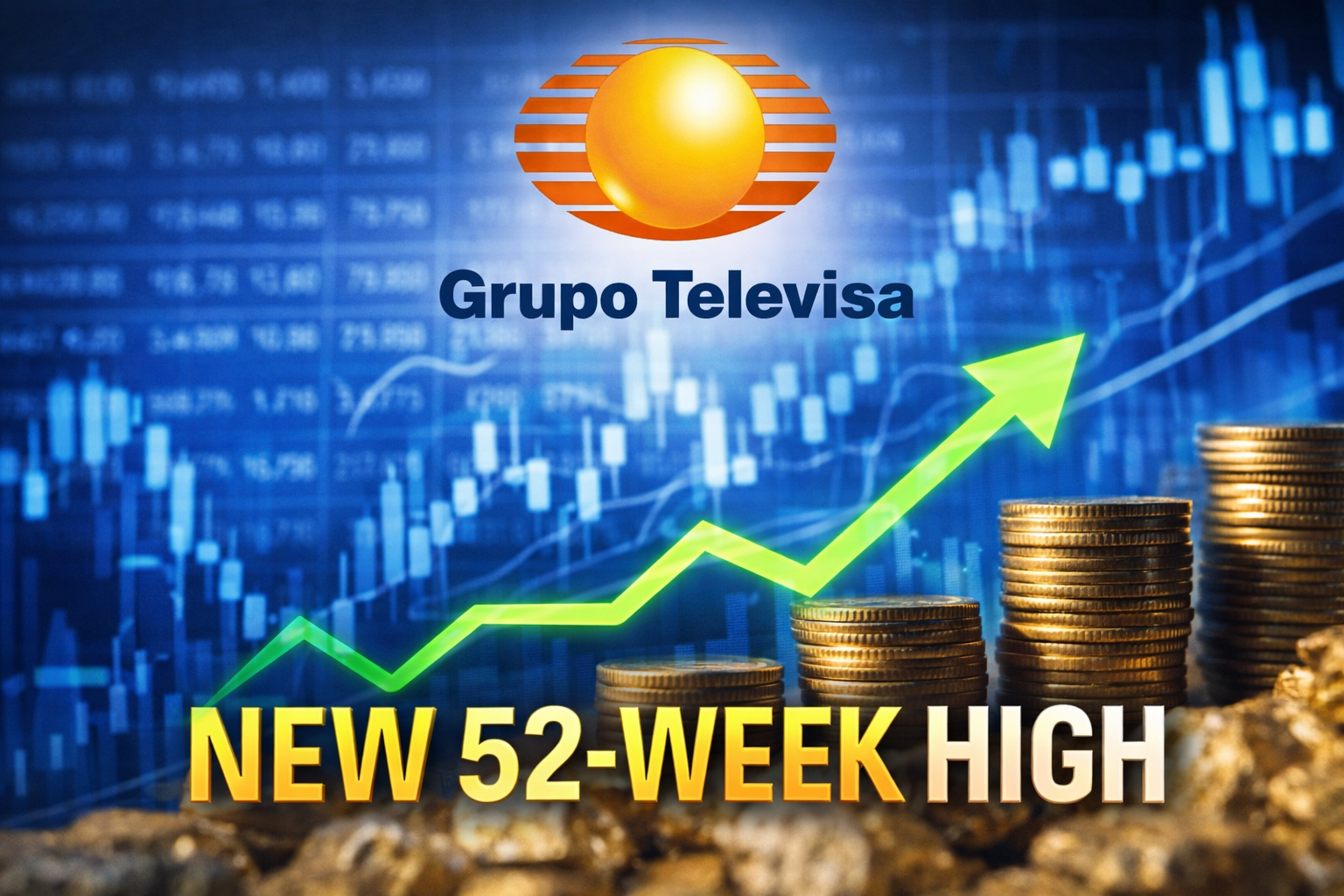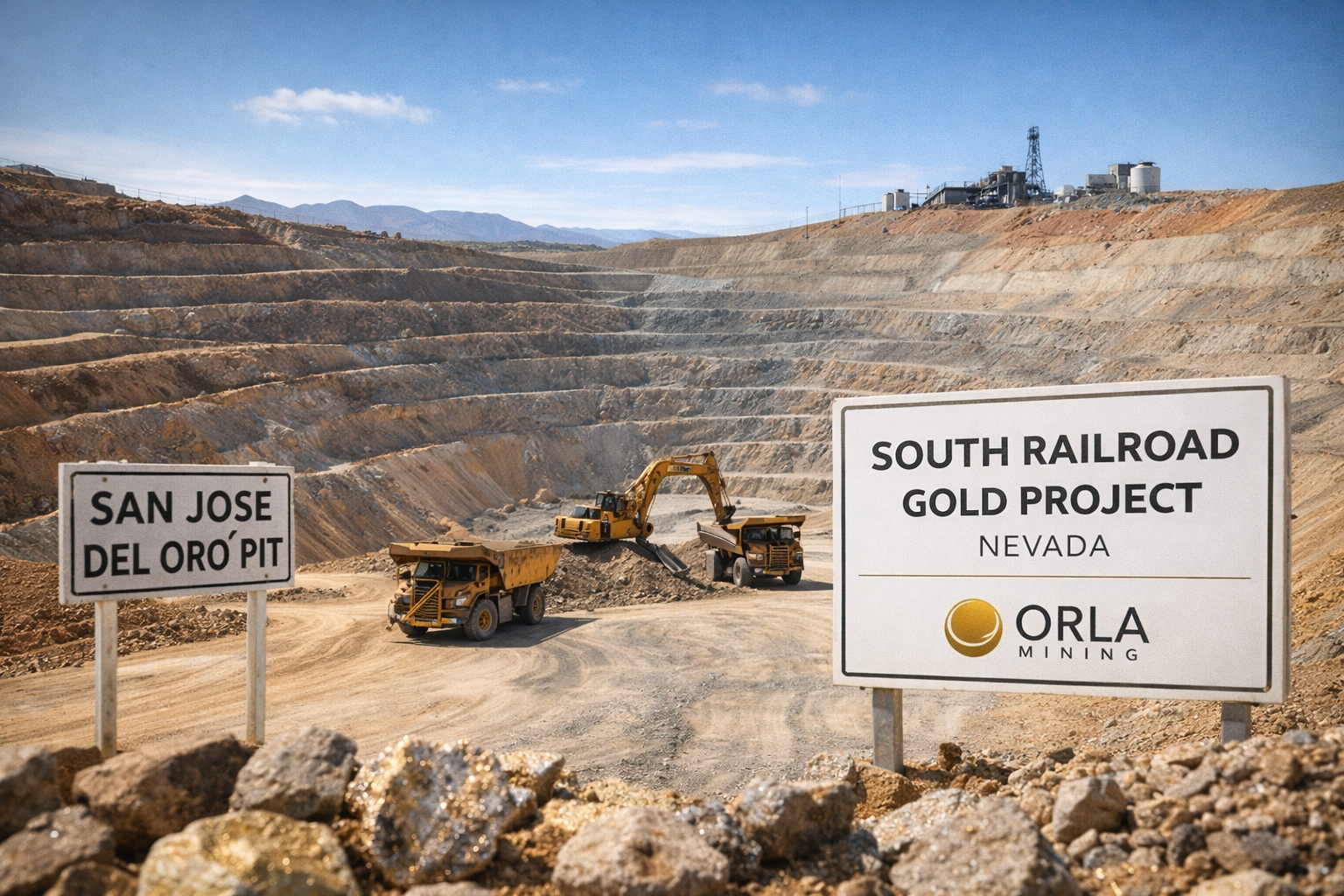Trump’s Sweet Surprise: Cane Sugar Coke Coming to the U.S.?
In a surprise post on Truth Social, former President Donald Trump declared that he had successfully convinced Coca-Cola to reformulate its U.S. beverages with real cane sugar, replacing the widely used high-fructose corn syrup (HFCS). “This will be a very good move by them – You’ll see. It’s just better!” Trump wrote, adding that he had personally spoken with Coca-Cola leadership.
The claim sent ripples through both political and economic spheres, igniting a fierce debate over health, trade, and the future of America’s beverage industry.
Trump’s Sweet Surprise: Cane Sugar Coke Coming to the U.S.?
In a surprise post on Truth Social, former President Donald Trump declared that he had successfully convinced Coca-Cola to reformulate its U.S. beverages with real cane sugar, replacing the widely used high-fructose corn syrup (HFCS). “This will be a very good move by them – You’ll see. It’s just better!” Trump wrote, adding that he had personally spoken with Coca-Cola leadership.
The claim sent ripples through both political and economic spheres, igniting a fierce debate over health, trade, and the future of America’s beverage industry.
Coca-Cola Responds: No Confirmed Recipe Change
Coca-Cola issued a carefully worded response, neither confirming nor denying any major recipe shift. The company thanked Trump for his “enthusiasm” and hinted at “new innovative offerings” coming soon. However, in a follow-up statement, Coca-Cola defended HFCS, emphasizing it is safe, FDA-approved, and nutritionally similar to table sugar.
“High fructose corn syrup is just a sweetener made from corn… It has about the same number of calories per serving as table sugar and is metabolized similarly by your body,” Coca-Cola said.

Corn Industry Under Fire
Trump’s announcement had immediate market consequences. Stocks of major HFCS producers Archer-Daniels-Midland (ADM) and Ingredion plunged by as much as 7% in pre-market trading. While Coca-Cola’s shares rose slightly, the corn industry faced investor panic over fears of lost contracts and a shift in ingredient demand.
The Corn Refiners Association warned that such a switch could cost thousands of U.S. jobs, depress farm income—especially in Midwest states like Iowa—and increase reliance on imported cane sugar.
“There’s no nutritional benefit to replacing HFCS with cane sugar,” said John Bode, CEO of the Corn Refiners Association. “But the economic damage would be significant.”
The Politics of Coca-Cola: Health and Policy at the Forefront
Trump’s claim comes amid a broader White House push for “cleaner” ingredients in food and beverages. Health and Human Services Secretary Robert F. Kennedy Jr. has openly criticized HFCS, calling it “a formula for making you obese and diabetic.” This sentiment echoes growing consumer demand for more “natural” products—even if science shows no meaningful health difference between cane sugar and corn syrup.
Despite its popularity among nutrition advocates, cane sugar also carries its share of controversy, particularly around tariffs, environmental concerns, and labor practices in sugar-producing nations.
Why Cane Sugar Matters to Consumers
In the U.S., Coca-Cola has used HFCS in most of its soft drinks since the 1980s. However, Mexican Coke, made with cane sugar and sold in glass bottles, has developed a cult following and often sells at a premium in American stores.
Many consumers report preferring the taste of cane sugar Coke, and the possibility of its expansion in the U.S. excites soda enthusiasts and clean-label advocates alike.
Bottom Line: Real Reform or Political Theater?
While it remains unclear whether Coca-Cola will truly reformulate its flagship beverage, Trump’s involvement has undeniably stirred both political and economic tensions. If a change is indeed on the horizon, it would reshape not only the U.S. $285 billion soft drinks market, but also the future of U.S. agriculture, trade, and public health narratives.
For now, the only thing that’s clear is that a simple can of Coke is now at the center of a very sticky debate.




